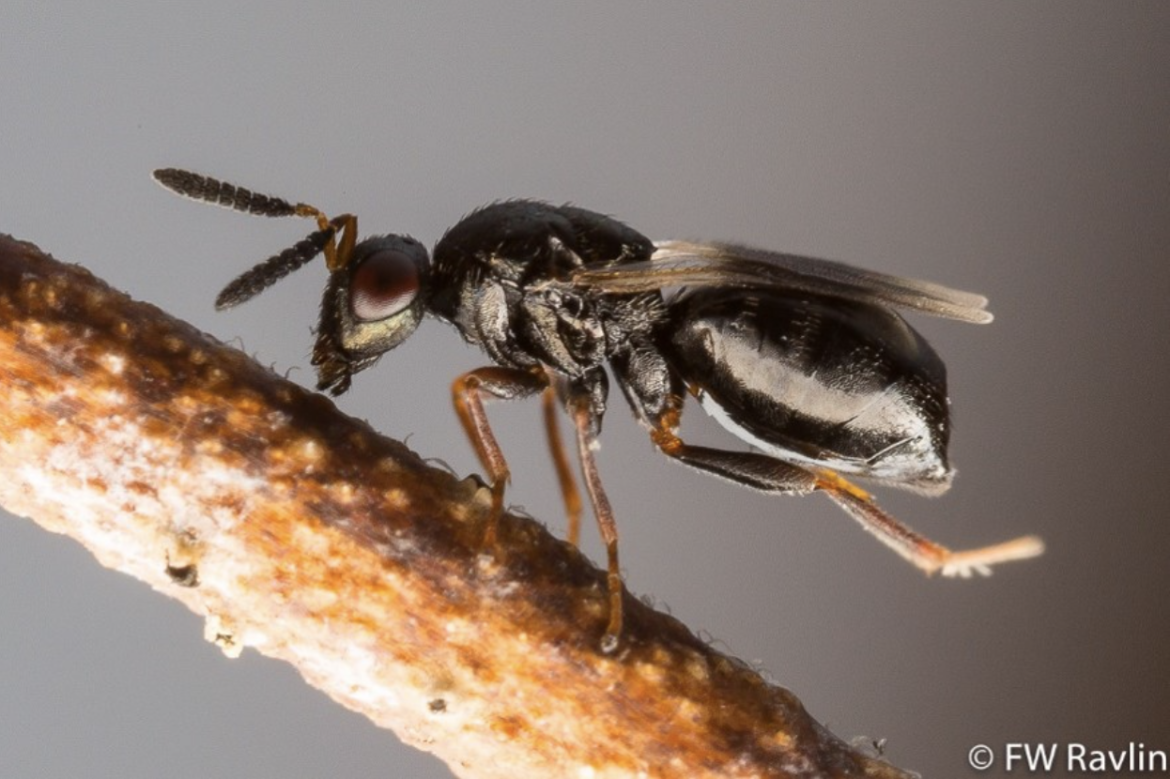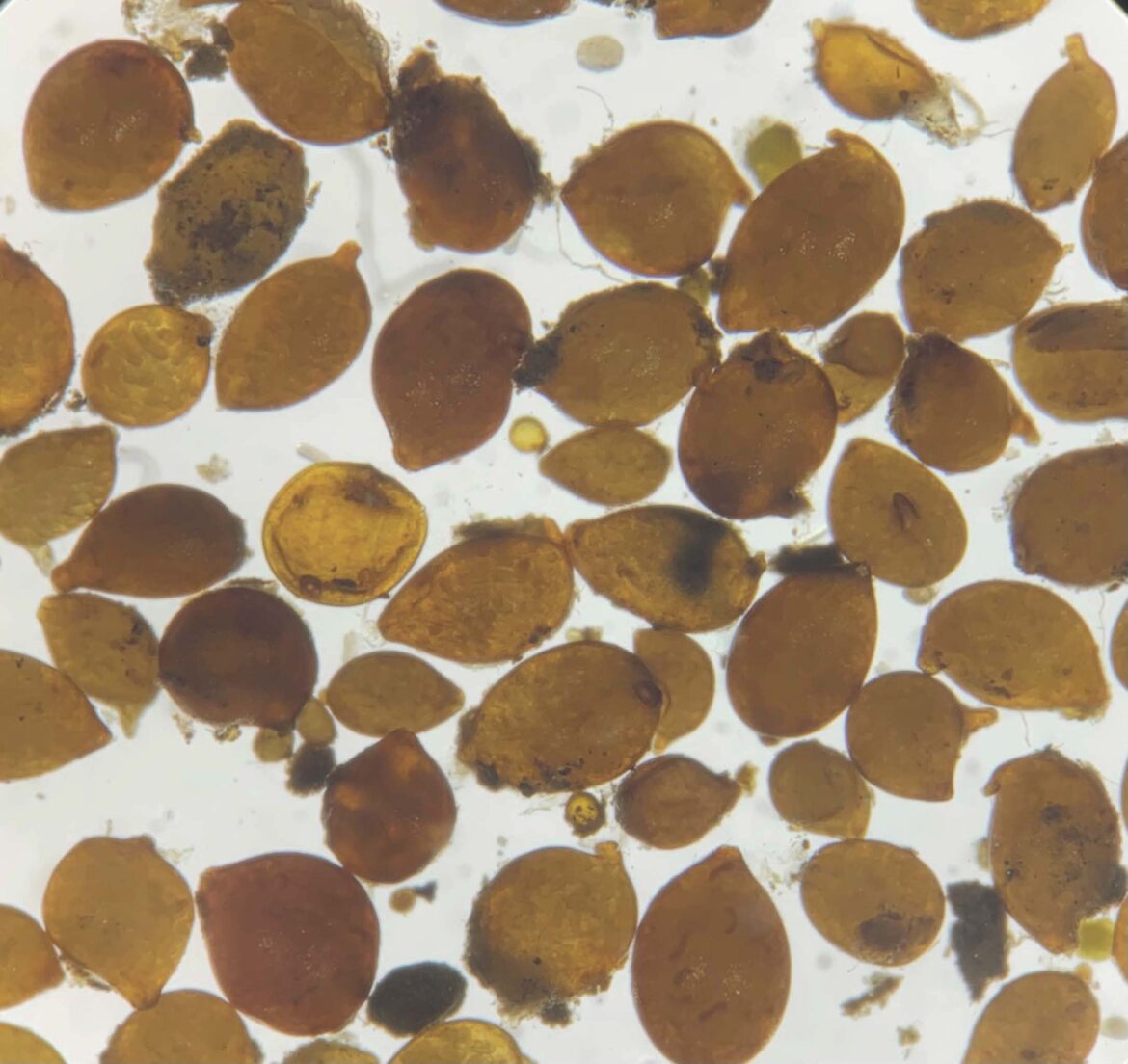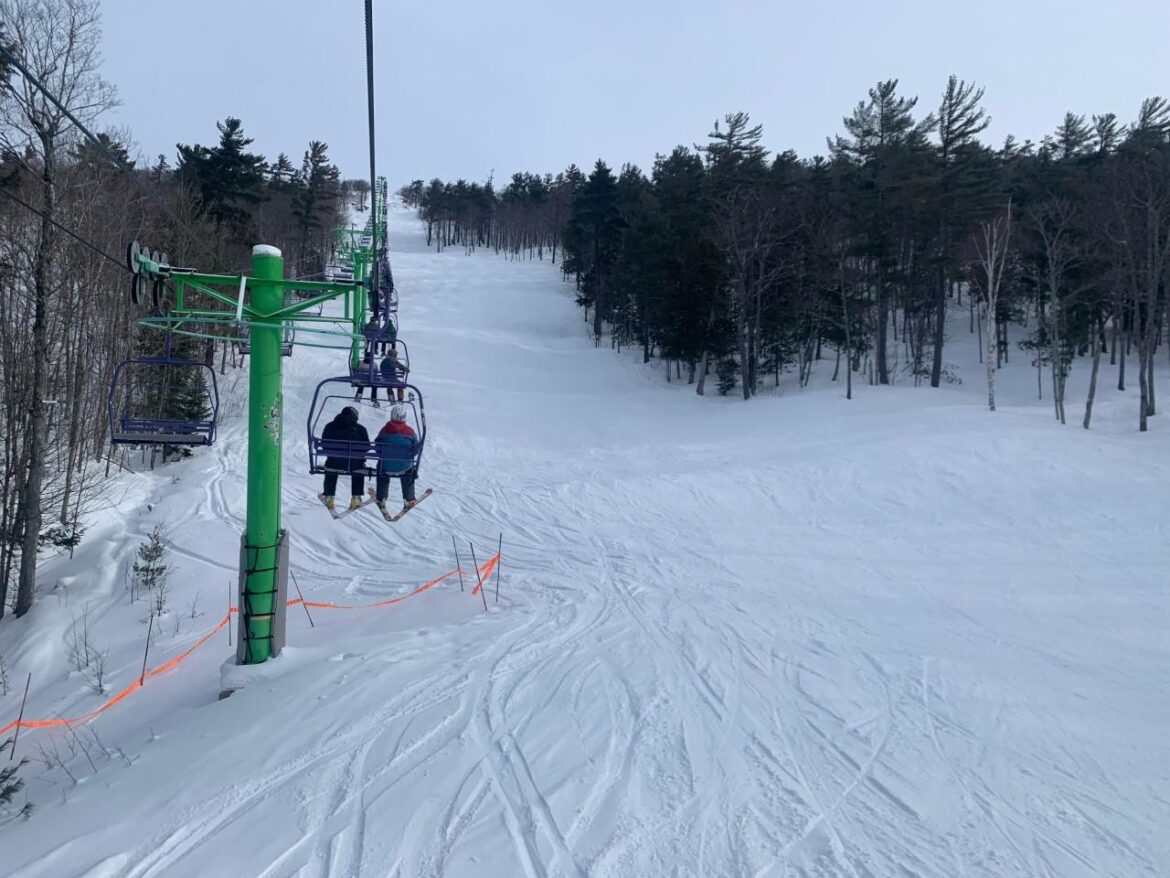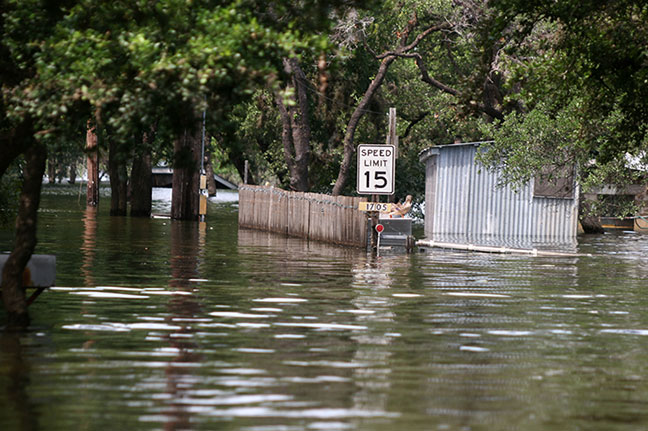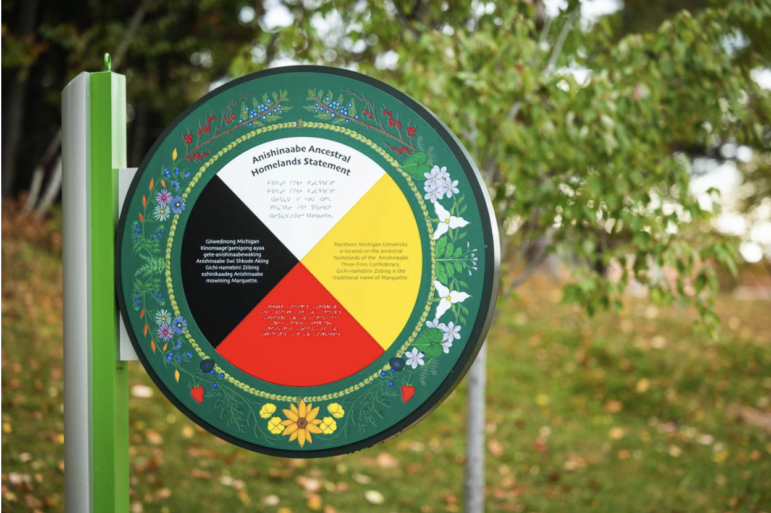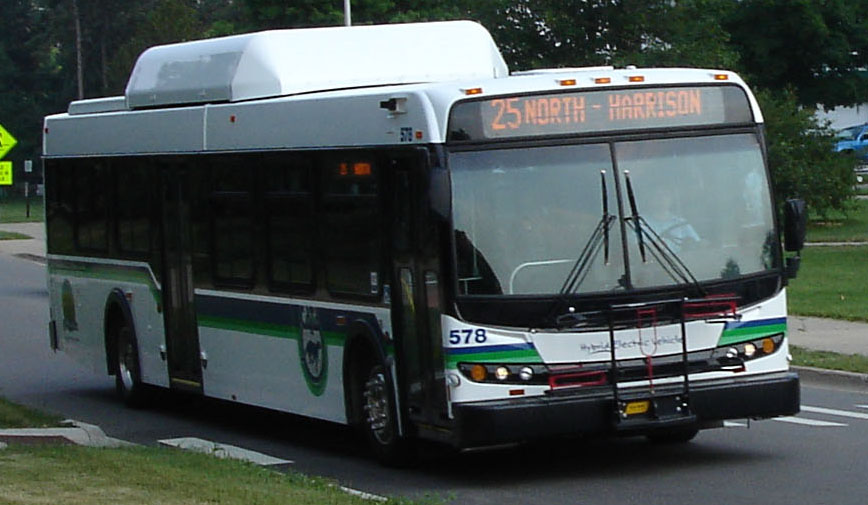Echo
Growers fund research to aid blueberries
|
While invasive species are always threatening crops, a native pest is the biggest threat to the state’s blueberries –– the stem gall wasp. The Michigan Blueberry Commission has funded research to combat the stem gall wasp and help growers stay competitive.
